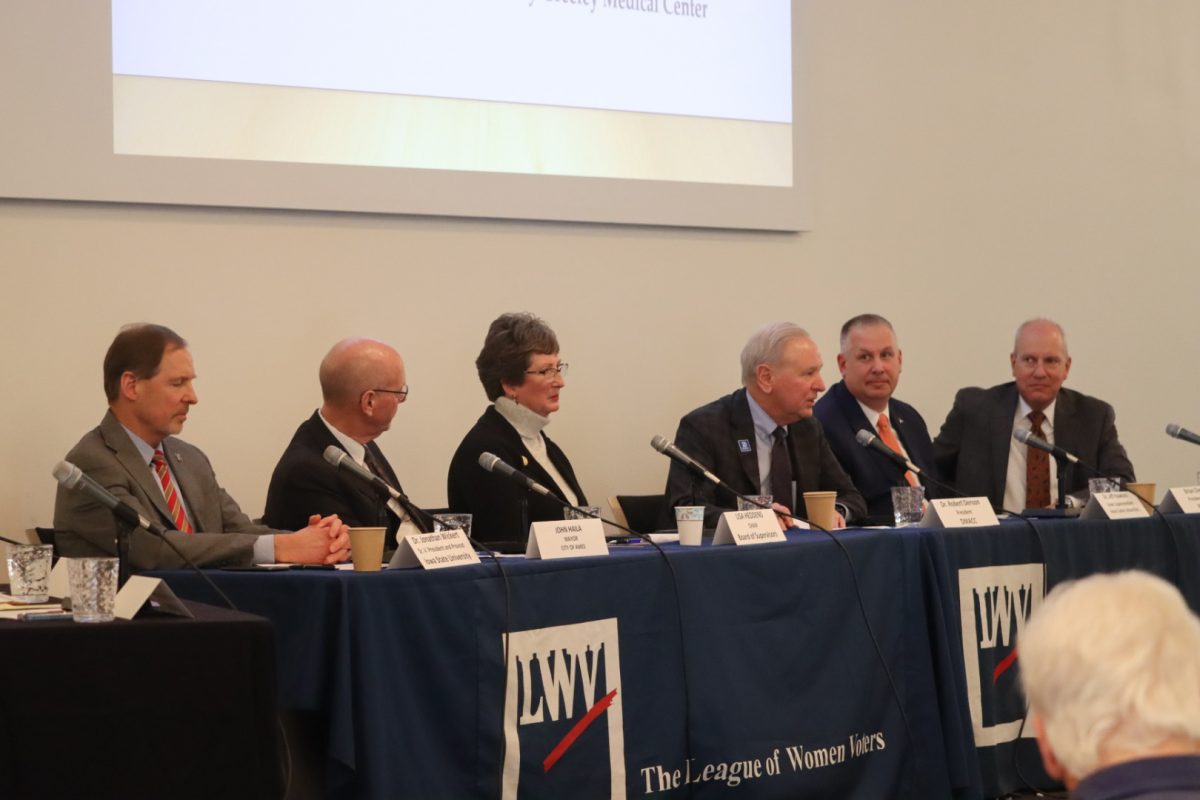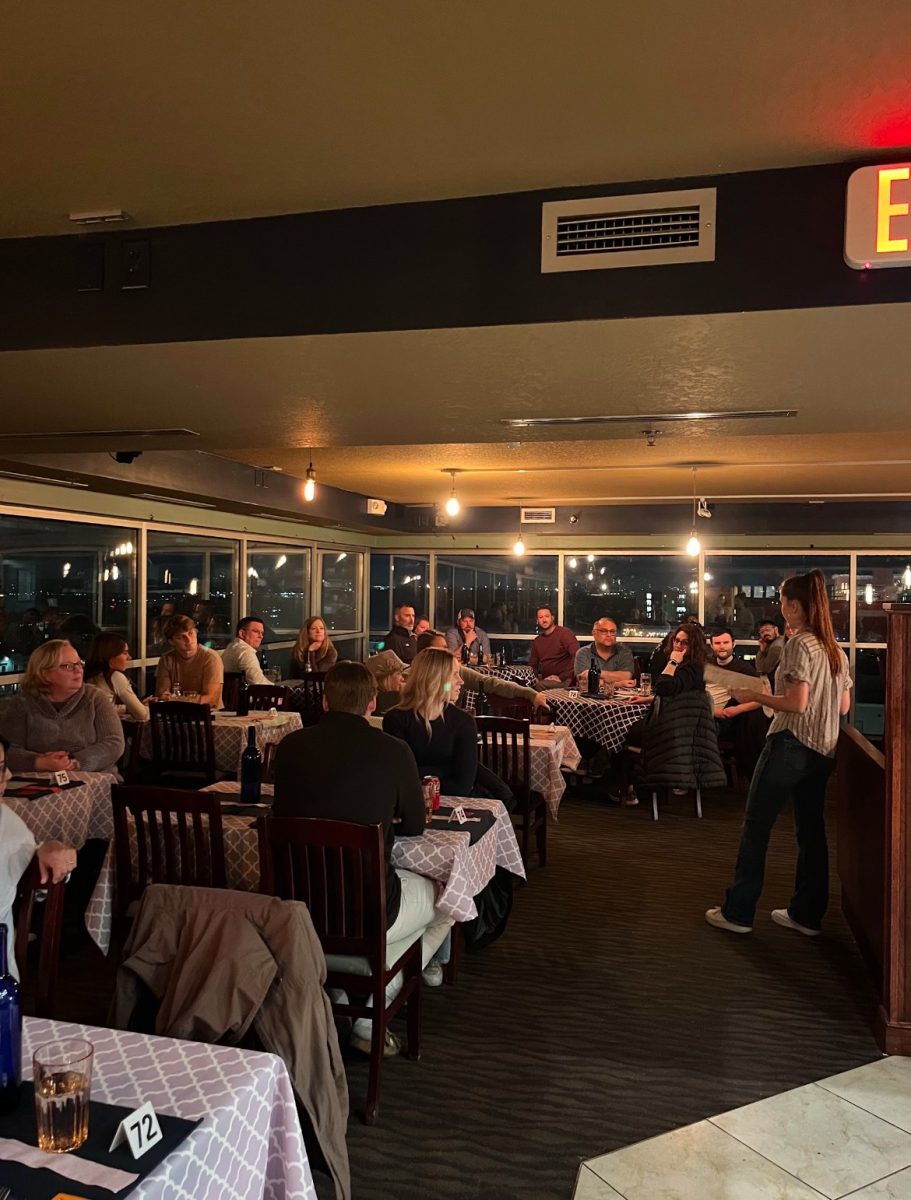Nebraska ban on same-sex marriage ruled unconstitutional
March 3, 2015
The Supreme Court’s decision on marriage equality is still several moths away, yet another federal state’s ban on gay marriage has been overturned. A federal judge ruled Nebraska’s ban on same-sex marriage unconstitutional March 2.
In the case brought by seven same-sex couples from the state, U.S. District Judge Joseph Bataillon issued a preliminary ruling that called Nebraska’s ban an “unabashedly gender-specific infringement of the equal rights of its citizens.”
Bataillon is staying his decision for just one week, which means that same-sex couples in Nebraska could marry in the state starting March 9. However, state officials instantly appealed the ruling to the Eighth Circuit U.S. Court of Appeals.
In fact, this is not the first time that Bataillon has ruled against Nebraska’s ban. Back in 2005, in a case called Citizens for Equal Protection vs. Bruning, the U.S. district judge made the same decision. A three-judge panel of the Eighth Circuit unanimously overturned the ruling when the state appealed, stating that the ban was not a violation of same-sex couples’ equal protection under the law. It should be noted that the Eighth Circuit is the only appeals court with precedent for upholding marriage bans.
Nebraska Governor Pete Ricketts said in a recent statement, “The definition of marriage is an issue for the people of Nebraska, and an activist judge should not substitute his personal political preferences for the will of the people.”
Nebraska voters adopted a state constitutional amendment that defines marriage as only between one man and one woman and does not recognize civil unions for same-sex couples in 2000.
American Civil Liberties Union of Nebraska and other attorneys brought the challenge against Nebraska’s ban in November.
“Today is a day for celebration. The love and commitment our clients share will finally be entitled to equality and respect in the eyes of the law,” said Danielle Conrad, executive director for the ACLU of Nebraska.
Officials in Nebraska requested that Bataillon wait on his ruling until the U.S. Supreme Court decides whether states can ban gay marriage, claiming that the Supreme Court will address issues in Nebraska case.
Challengers to bans in Michigan, Ohio, Tennessee and Kentucky filed briefs in the U.S. Supreme Court on March 27. The decision is expected to come by the end of this June.
Last month, the Supreme Court declined to issue a stay of a federal judge’s ruling invalidating Alabama’s definition of marriage as a union of one man and one woman. Ultimately, this allowed same-sex marriage in the state.
The high court’s ruling in the Alabama case appears to indicate that most U.S. justices are prepared to uphold same-sex marriage as constitutionally required in all states.
Gay marriage is currently allowed in 37 states and the District of Columbia. It is probably only a matter of time until all 50 states have same-sex marriage.






